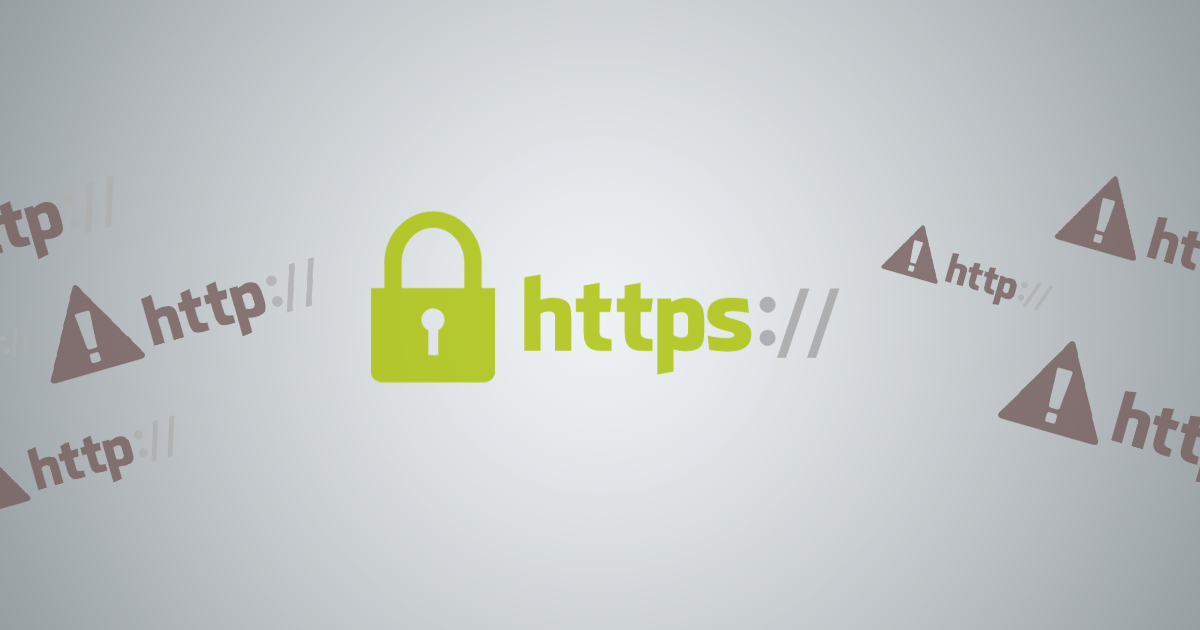In today’s digital age, where online interactions are a part of everyday life, securing your website is non-negotiable. Imagine visiting a site and seeing that ominous “Not Secure” warning in your browser. It can be enough to send potential visitors packing. This is where SSL certs come into play—your first line of defense in the world of cybersecurity.
SSL certificates not only enhance the credibility of your website but also protect sensitive information exchanged between users and servers. But what exactly are these certificates? Why should every website owner prioritize them? Let’s dive deeper into the fascinating world of SSL certs and uncover their importance for both businesses and users alike.
What is an SSL Certificate?
An SSL certificate, or Secure Sockets Layer certificate, is a digital credential that authenticates the identity of a website. It establishes an encrypted connection between the web server and a user’s browser, ensuring that any data transmitted remains private.
When you see “https” in your URL instead of “http,” that’s your first clue that an SSL cert is at work. The “s” stands for secure, indicating that communication between your device and the site is protected.
This technology not only protects user information but also builds trust. When users see indicators like padlocks in their browsers, they feel more confident sharing sensitive details like credit card numbers or personal addresses.
SSL certificates come in various types to suit different needs—ranging from basic domain validation to full organizational verification. Each serves its purpose in enhancing security across websites large and small.
The Importance of SSL Certificates for Websites
SSL certificates play a crucial role in establishing trust between users and websites. When visitors see that a site is secured with SSL, they feel more confident sharing personal information.
It’s not just about security; it’s also an essential factor for search engine optimization. Google prioritizes secure sites in its rankings, giving those with SSL certificates a competitive edge.
Moreover, many web browsers now flag non-HTTPS sites as “not secure,” which can deter potential customers from engaging. This visual cue can lead to significant losses for businesses relying on online transactions.
Having an SSL certificate also protects against data breaches and man-in-the-middle attacks. Encrypting the connection ensures that sensitive information stays private and inaccessible to cybercriminals.
In today’s digital landscape, where privacy matters more than ever, investing in an SSL certificate is no longer optional—it’s essential for any website aiming to thrive online.
How SSL Certificates Protect User Information
SSL certificates create a secure connection between a user’s browser and the website’s server. This encryption ensures that any data exchanged remains private.
When you enter sensitive information, like passwords or credit card details, SSL encrypts this data. This means even if someone intercepts the traffic, they won’t decipher the content easily.
Websites with SSL provide visual cues to users, such as padlock icons in address bars. These indicators build trust and encourage visitors to share their information confidently.
Additionally, search engines prioritize sites with SSL certificates in rankings. This not only enhances security but also boosts credibility online.
With increasing cyber threats, having an SSL certificate is essential for protecting user privacy and fostering safe browsing experiences.
The Different Levels of SSL Certificates
SSL certificates come in various levels, each tailored to different security needs. The most basic type is the Domain Validation (DV) certificate. It verifies the domain ownership but doesn’t offer extensive identity verification.
Next up are Organization Validation (OV) certificates. These provide a higher level of trust by verifying both the domain and the organization behind it. This additional layer reassures users that they’re engaging with a legitimate entity.
Then there’s the Extended Validation (EV) certificate, which offers top-tier security features. Obtaining an EV certificate involves rigorous vetting processes, ensuring that only established organizations receive this badge of credibility. Websites using EV SSLs display a green address bar, significantly boosting user confidence.
There’s Wildcard SSL for securing multiple subdomains under one primary domain name—ideal for businesses managing numerous online services without needing separate certificates for each one.
How to Obtain an SSL Certificate
Obtaining an SSL certificate is a straightforward process. First, you’ll need to choose the right type of certificate for your website’s needs.
Start by selecting a Certificate Authority (CA). Popular CAs include Comodo, DigiCert, and Let’s Encrypt. Compare their offerings to find one that aligns with your requirements.
Next, generate a Certificate Signing Request (CSR) through your web hosting platform or server. This piece of code will contain information about your domain and organization.
After submitting the CSR to the CA along with any required documentation, they will validate your identity. The duration of this step varies depending on the level of SSL chosen.
Once validated, you’ll receive the SSL certificate files via email. Install these on your server following the CA’s instructions. Test to ensure everything functions correctly before launching securely.
Common Misconceptions About SSL Certificates
Many people think SSL certificates are only for e-commerce websites. This is a big misconception. In reality, any site that handles sensitive data or wants to build trust should consider an SSL.
Another myth is that obtaining an SSL certificate is complex and expensive. While some certificates do come with a price tag, many reputable providers offer free options like Let’s Encrypt. Getting one can be straightforward and accessible.
Some believe having an SSL certificate guarantees complete security against all cyber threats. However, while it encrypts data in transit, it doesn’t protect against vulnerabilities within the website itself.
There’s confusion about visibility. Just because you see “HTTPS” in a URL doesn’t mean a site is safe from malicious content or scams. Users must still exercise caution even when they encounter secure-looking sites.
If you gained new insights from this article, explore our blog Nnevelpappermann Leaks for more enlightening content.
The Future of Website Security: Trends in SSL Technology
As the digital landscape evolves, so does the technology behind SSL certs. One notable trend is the push for stronger encryption methods. With cyber threats becoming more sophisticated, robust algorithms are essential for safeguarding sensitive data.
Another emerging focus is automation in SSL management. Tools that automatically renew and deploy certificates will streamline processes for website owners. This means less downtime and reduced risk of security lapses.
We’re also seeing a rise in Extended Validation (EV) certificates. These provide additional trust indicators to users, such as green address bars or company names displayed prominently in browsers.
The increasing adoption of Certificate Transparency aims to foster accountability among certificate authorities. By making issued certificates publicly accessible, it enhances trust within the ecosystem while mitigating potential abuses.
These trends indicate an exciting future where SSL technology plays a crucial role in maintaining online safety and consumer confidence.
Conclusion
Understanding SSL Certs: Why Every Website Needs One
What is an SSL Certificate?
An SSL certificate, or Secure Socket Layer certificate, is a digital credential that establishes a secure connection between a web server and a browser. It encrypts data transferred over the internet, ensuring it remains confidential. When users visit an HTTPS website with an SSL certificate, they can trust that their information is protected from prying eyes.
The Importance of SSL Certificates for Websites
SSL certs are essential for any website today. They play a crucial role in building user trust. When visitors see the padlock icon next to your URL, they feel more secure about sharing personal data. This added layer of security can lead to increased customer loyalty and higher conversion rates.
How SSL Certificates Protect User Information
These certificates work by encrypting user data during transmission. This means that even if someone intercepts the communication between the server and the user’s device, they wouldn’t be able to decipher it without access to encryption keys. The result? Sensitive information like credit card numbers and passwords remain safe from cybercriminals.
The Different Levels of SSL Certificates
There are various types of SSL certificates based on validation levels: Domain Validation (DV), Organization Validation (OV), and Extended Validation (EV). DV certs confirm ownership of the domain; OV adds verification of business identity; EV provides maximum assurance through rigorous checks before issuance. Choosing the right level depends on your specific needs.
How to Obtain an SSL Certificate
Getting an SSL certificate involves several steps but isn’t overly complicated. First, you need to choose a reliable Certificate Authority (CA) that suits your requirements. After selecting one, generate a Certificate Signing Request (CSR) via your hosting provider or server software. Then submit this request along with any necessary documentation required by your CA for validation purposes.
Common Misconceptions About SSL Certificates
Many believe that only e-commerce sites need ssl certs due to financial transactions taking place online – that’s far from true! Any site handling sensitive user information should
Keep an eye for more news & updates on Discover Tribune!




